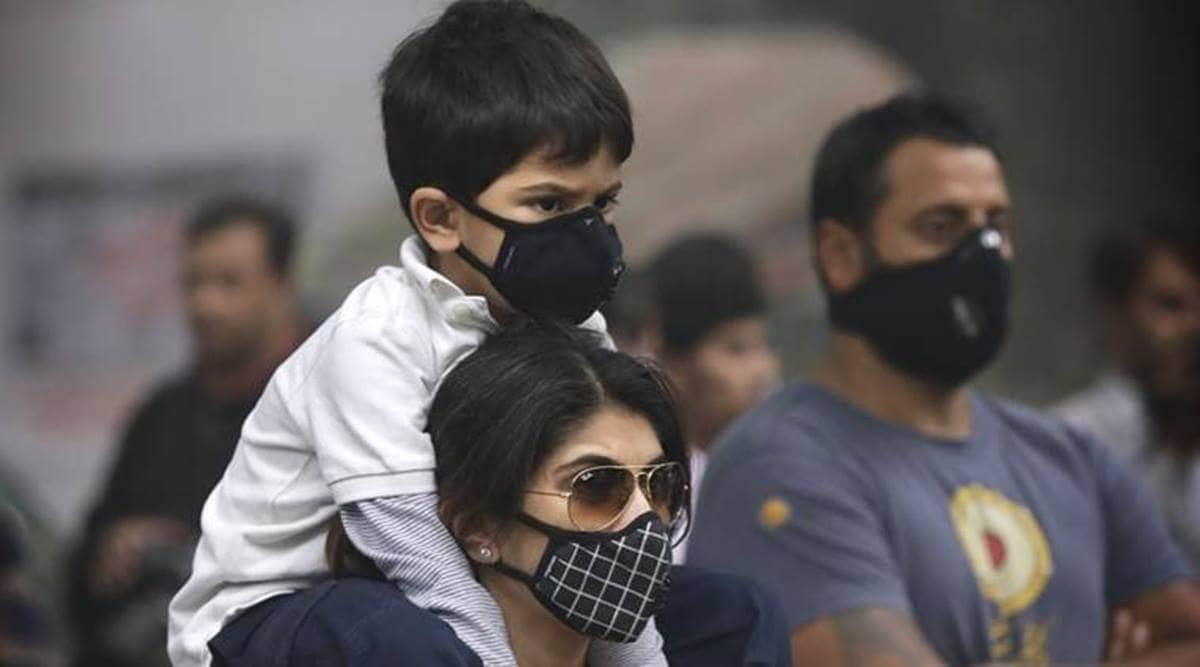 As we return to normalcy, it’s difficult to foretell if the pandemic will fundamentally alter the way we live. (Representational Image)
As we return to normalcy, it’s difficult to foretell if the pandemic will fundamentally alter the way we live. (Representational Image)After losing his spectacles innumerable times, my father has taken to scotch-taping his mobile number on to the case to aid the Good Samaritan who may stumble upon them. As life would have it, he hasn’t lost them since, so there’s been no opportunity to reaffirm our faith in the inherent goodness of human beings. I believe I would do it, make that call and return a pair of glasses that are of no use to me and the loss of which may be hugely irritating to someone. However, in these times of disillusion, people accept losses faster and also lack the motivation for niceties. It can be debated, definitely, the extent to which our actions are influenced by the environment we live in. In this especially fraught year, not seeing a conspiracy or danger in every situation is a challenge all of its own.
Trust is vital to our daily existence. If everybody was eyeing the other warily, life would become even more isolating than it already is. “You may be deceived if you trust too much but you will live in torment if you do not trust enough,” opined American thinker and clergyman Frank Crane, in the late 19th century. By and large, the world functions with great optimistic spirit, on the assumption that humanity will act in accordance with certain expectations. We know traffic will halt at red lights and colleagues will show up for meetings when they say they will. Relationships, work, sport, leisure, politics, everything is based on this understanding.
One of the intangible fallouts of Covid is a shattering of trust. The greatest of countries have bungled pandemic response, leading to a worldwide loss of faith in governments. Worse, not only are billions petrified of catching the coronavirus, they’re insecure and mistrusting of each other, and the vaccine as well. The distances Covid has created among human beings is a weird kind of lethal, felt more fiercely because of the end of friendly pleasantries between masked strangers.
Gone are the hellos in lifts, the polite exchanges in grocery stores, nobody bothers looking anyone in the eye anymore. Let us take solace in the fact that the metaphorical finish line, obscure though it is, is somewhat visible. As 2020 winds down and it seems so does Covid, there is every reason to hope that 2021will be free of these feelings of suffocating claustrophobia. The post-pandemic world! It’s almost here! To hell with six feet distances and back to a world of hugs.
I have struggled since my greeting of choice has always been an enthusiastic throwing of arms and a kiss. Regrettably, when I meet my friends, I can never remember to adhere to the new protocols. With due respect to the moratoriums on closeness, let us not forget physical gestures have incalculable (dopamine) value that allow us to silently convey and feel emotion.
Is it premature to start making plans six months hence, a post-Covid bucket list of sorts? It is human nature to live life in anticipation, a coping tool to make the dreary present bearable. There is a peculiar kind of joy in spending hours mulling over the endless future that stretches ahead. (Happily, a ventilator no longer springs to mind.) Travel, funnily enough, is no longer a priority. It is a sobering thought that for so many of us, our first port of calls will be condolence meetings. Not being present to grieve with loved ones is, somehow, worse than not being able to attend celebrations. So many rites of passage we took for granted, weddings and graduation parties were dismantled, forcing the young into facing crushing disappointment too early. As we return to normalcy, it’s difficult to foretell if the pandemic will fundamentally alter the way we live. Micro-level changes are easier to predict.
Pedestrians will steer clear of each other. People will stay masked while using public conveyance. Waving, air kissing and namaste will replace the handshake. Maybe in retrospect, we’ll miss this bizarre time that has provoked a universal bout of mass introspection.
Stuck in The Waiting Room before the dental chair (as I think of Covid), the realisation has dawned on so many that society’s definitions of success are completely immaterial. The learning — however briefly it lasts before we descend back to old patterns — is to think of time as an organising principle of life. It makes it easier to free oneself from the extraordinarily banal burdens we carry, in the name of living.
The writer is director, Hutkay Films